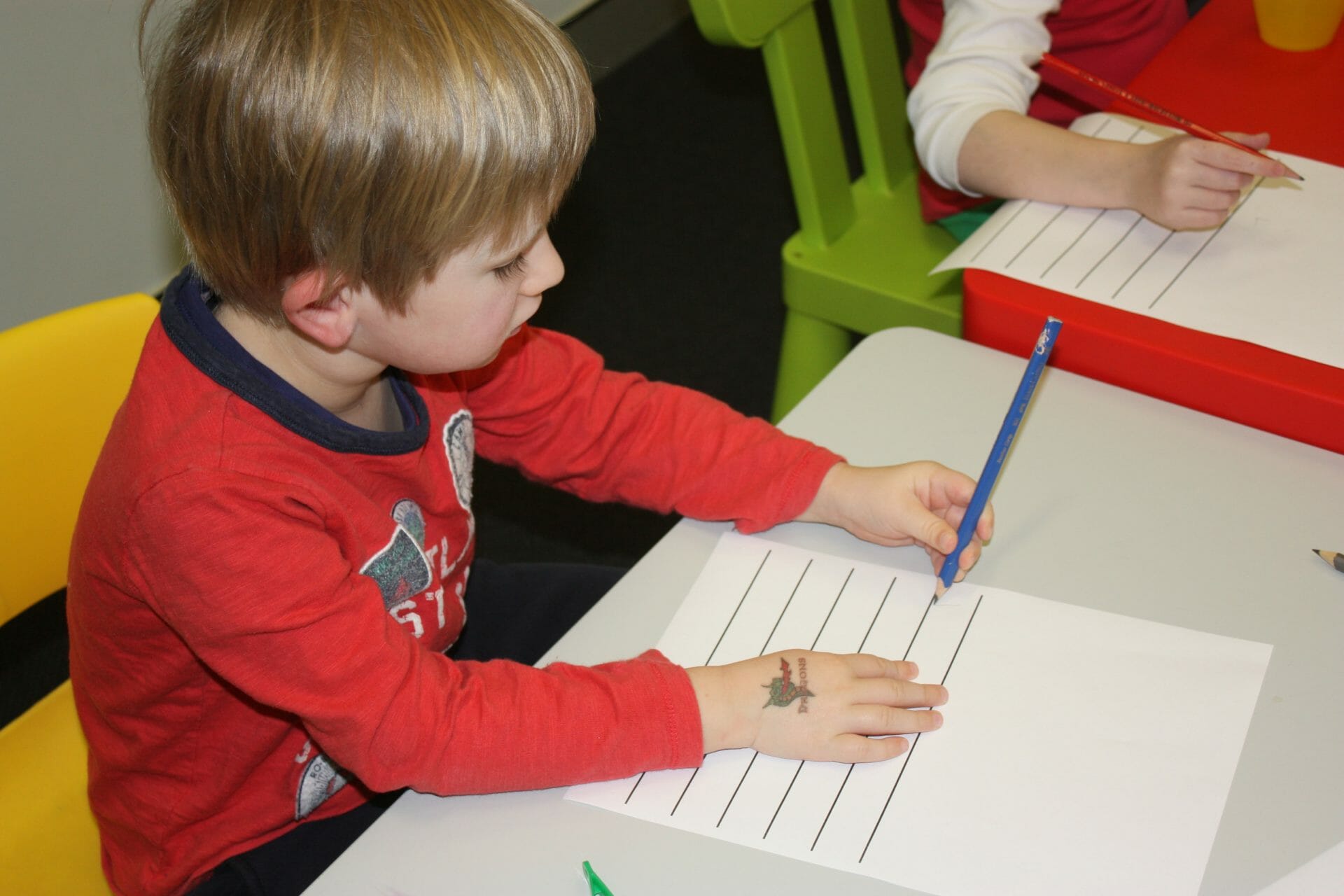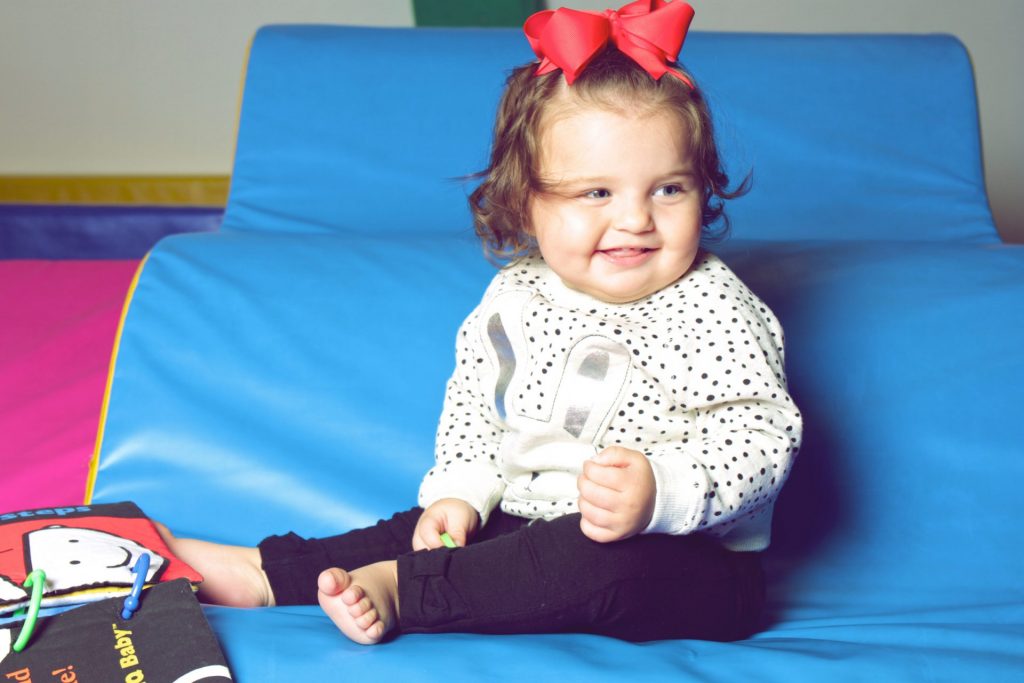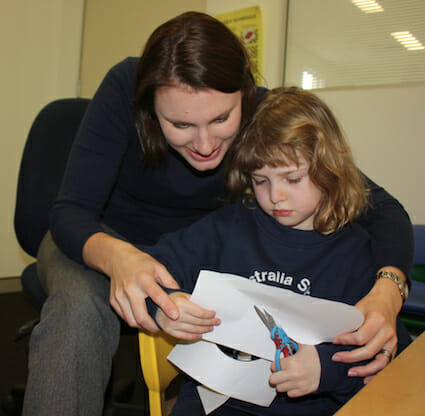Today I’ll talk about concentration and attention.
- Attention is the ability to gain and maintain focus on a task.
- When your child is concentrating, they can screen out external stimuli in order to engage in the task at hand.
- If your child can maintain attention, they can engage for long enough to repeat and this is necessary for learning any new skill.
- Attention allows a child to follow 2 step instructions.
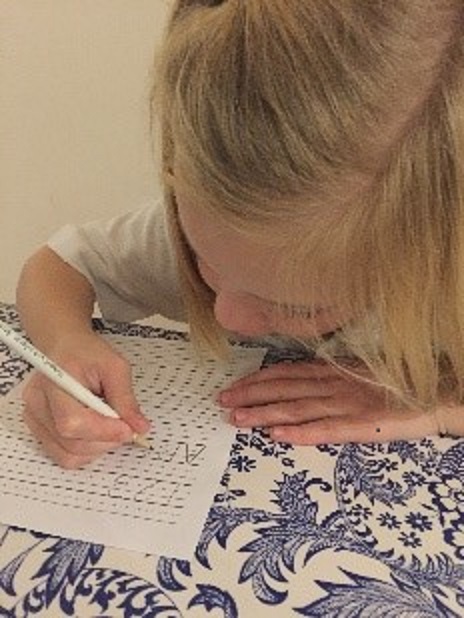
Ways to help develop attention:
- Start with 1 step instructions and get your child to repeat it back to you.
- Play games with multiple steps, encourage your child, help set the rules.
- Limit noise and distraction when first introducing new skills.
- Keep increasing your child’s understanding of language (receptive language). This gives them the tools to understand new expectations and information.
- Gain eye contact when you are making requests.
- Use simple language and model (show) your child if necessary.
deas to help:
- Strengthening of muscles – particularly core and arms/hands.
- Wheelbarrow walks
- Animal walks
- Riding tricycle/bike/scooter
- Swings
- Playing with playdough
- Ball skills
- Wearing backpack in preparation for school


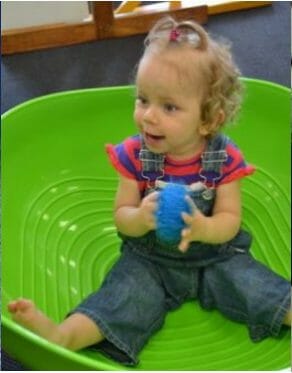
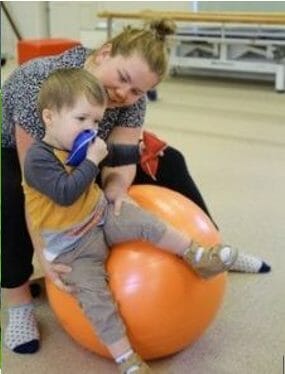
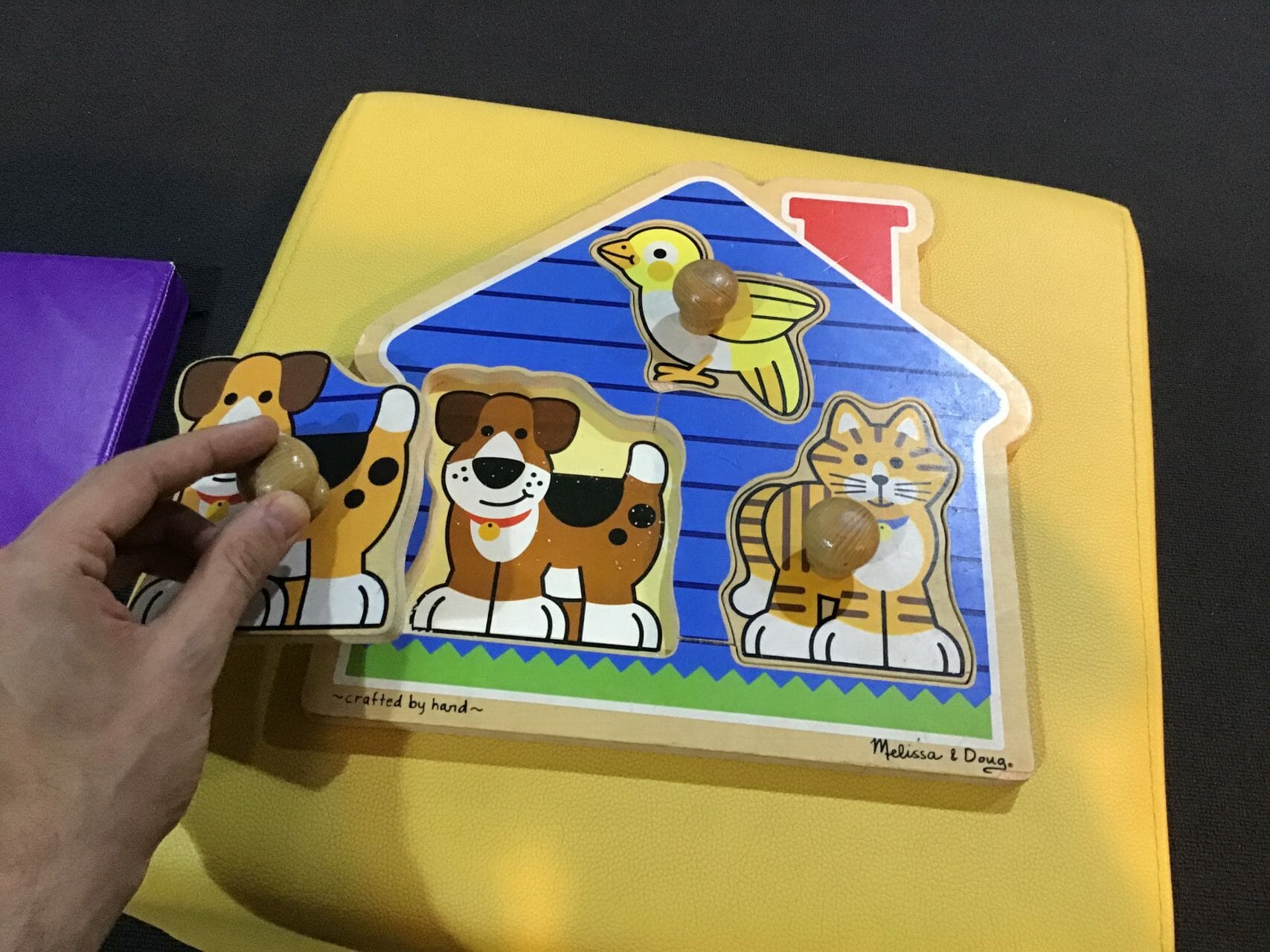


Signs of poor attention:
- Inability to focus on one activity
- Gets bored before completing a task
- Difficulty listening if any distractions
- Problems with following instructions
- May have trouble processing and remembering information
- Fidgeting
- Unable to sit still to finish an activity or listen to a book being read



